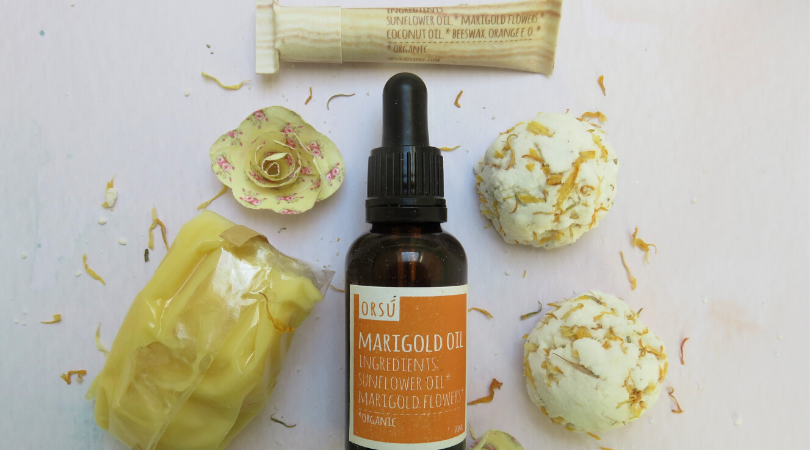
Climate change: Why and how should we protect our ecosystems?

*Collaborative Post
Biodiversity needs to be protected. The benefits natural species bring to society are vast: they essentially provide us with everything we need, including food, air, and fresh water.
But natural environments and their inhabitants are in jeopardy. As of 2022, around 14% of ground-dwelling species face a high risk of extinction. And if temperatures continue to increase, the risk of extinction could double.
We’ve outlined a few of the causes and consequences of rising temperatures below and how we should protect our ecosystems.
What causes global warming?
Global warming is caused by a blanket of greenhouse gas emissions covering the surface of the Earth’s atmosphere. Unfortunately, there are multiple sources of air pollution that humans are responsible for. To name just a few, these include:
- Petrol and diesel vehicles
- Food production
- Generating power
- Overconsumption
- Powering building
- Deforestation
If leading companies continue to operate without effective air pollution solutions, the potential impact could be catastrophic. Even though community efforts make a difference, the biggest weight lies on the shoulders of industry giants releasing carbon emissions into the atmosphere.
Rising temperatures: What’s the impact on our ecosystems?
Both humans and wild animals across the planet are threatened due to climate change. Instances of extreme weather including frequent and powerful droughts, tropical storms, and heatwaves all put landscapes in danger.
And as temperatures rise, the impact on living species worsens. The effects of global warming – including melting glaciers, rising sea levels, and warmer oceans – directly cause harm to animals by destroying their food chains and habitats.
What is being done to protect vulnerable species from climate change?
To avoid the most dangerous repercussions of climate change, carbon emissions must be dramatically reduced. But concerted efforts should also be made to help protect animals and crucial natural ecosystems too.
Leading charities and worldwide organisations, including WWF, are championing efforts to protect vulnerable species. Working in over a hundred different countries, WWF direct 82% of spending towards conservation. Their efforts involve community-led projects to restore habitats, repair broken policies, and aim towards sustainable finance.
How can I help to protect natural ecosystems?
By making small changes to your lifestyle, you can help to protect these vital ecosystems. You don’t even need to leave your house to become more sustainable. Start by trying to sort out your waste, keeping recyclable materials separate.
Along with eating a largely vegetarian diet to reduce your own part in the meat industry, you can protect species across the globe in various ways.
If you have a garden, composting fruit peels and vegetable scraps could be the most eco-friendly approach to managing food waste. Composting saves space in landfill sites, reduces your own greenhouse gas emissions, and promotes sustainable agriculture too. There are so many ways you can make a difference it’s just a case of doing your online research, joining local action groups, reading relevant waste-reducing articles/blogs or listening to a podcast on climate change.
How can I reduce my carbon emissions?
Reducing household carbon emissions is simple but takes discipline. To reduce your own impact, you should make your home more energy-efficient – so you don’t need to rely on as much fuel. Necessary changes might include:
- Draught-proofing
- Upgrading your heating system
- Installing a thermostat and smart meter
- Using energy-efficient appliances
- Low or no-carbon travel
- Recycling
And if you’re eager to support wildlife, there are plenty of ways to achieve this too. Supporting charities like WWF with a monthly donation is just one way to start.
*This is a collaborative post. For further information please refer to my disclosure page.
If you enjoyed this post you can follow more of our life, opinions and antics over on Facebook, Twitter, YouTube and Instagram. Plus feel free to come and join in with my parenting group ‘From One Parent to Another’ on Facebook.
If you’d like to contact me you can either leave me a comment or drop me a line via my contact me page.
For other topics similar to this one check out these suggestions below…




